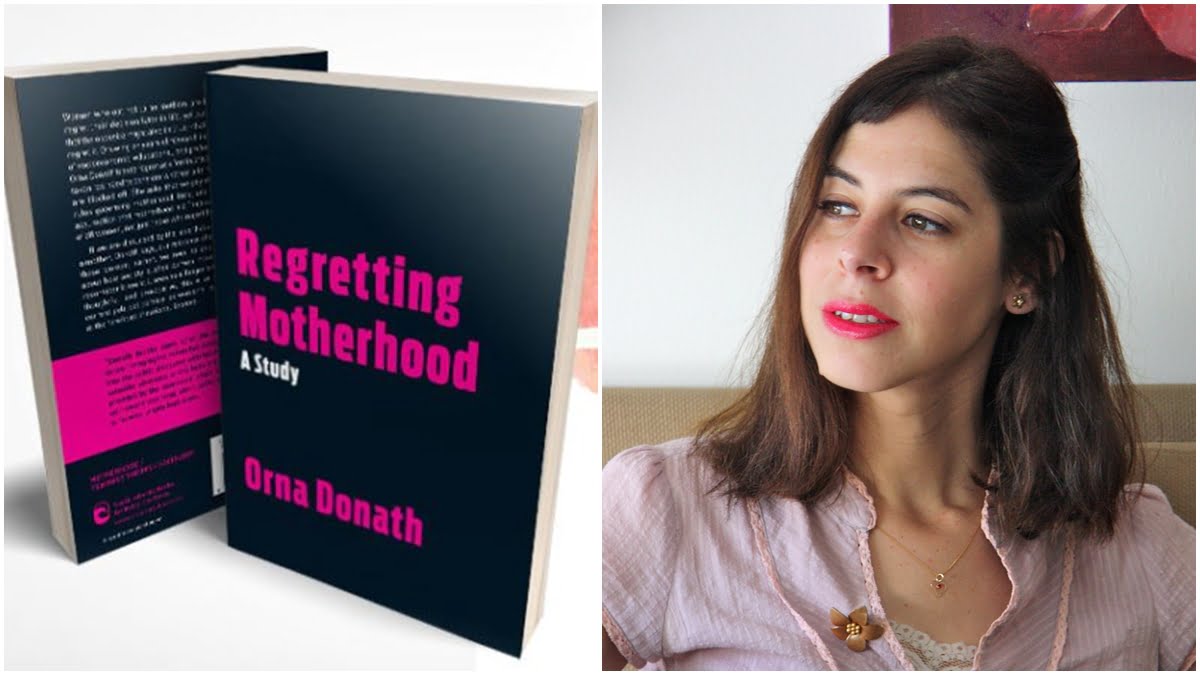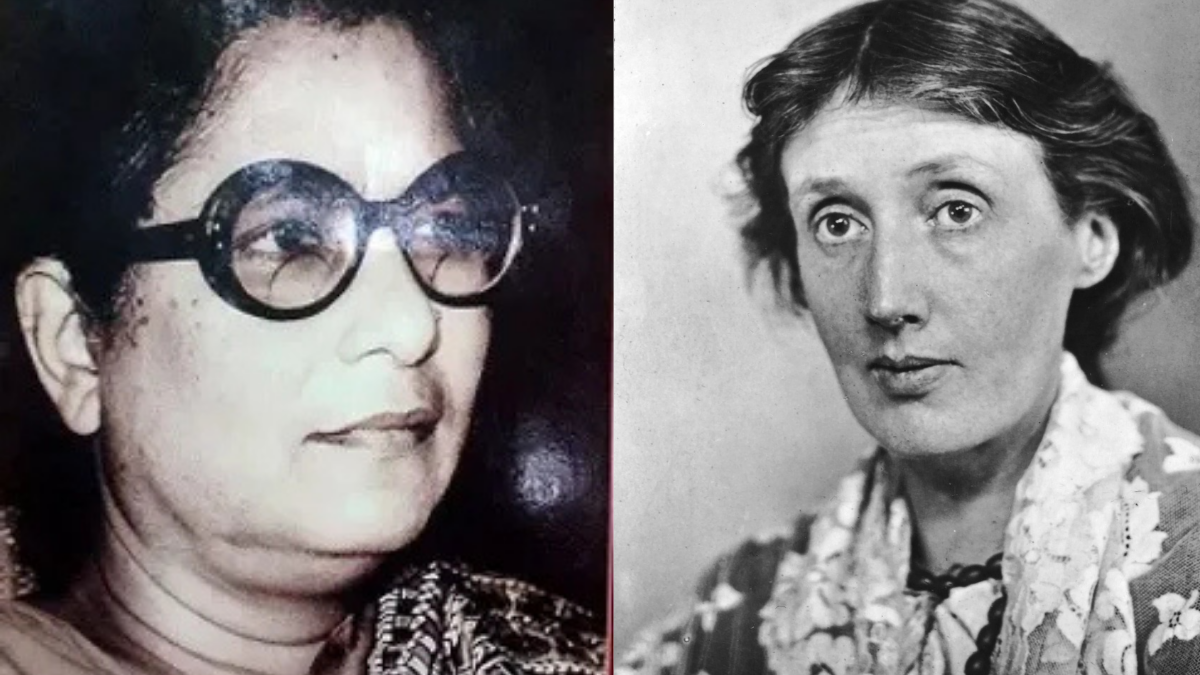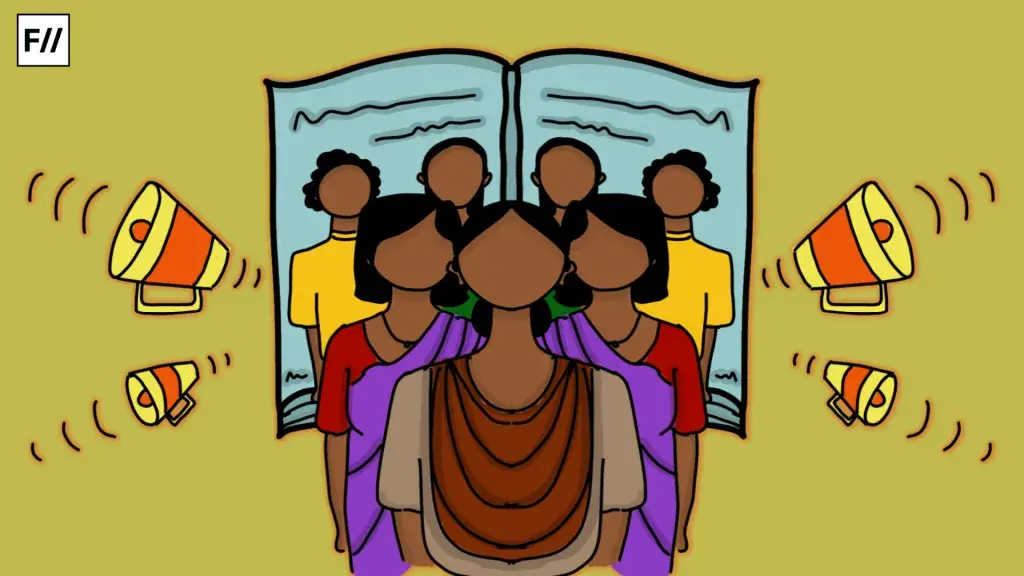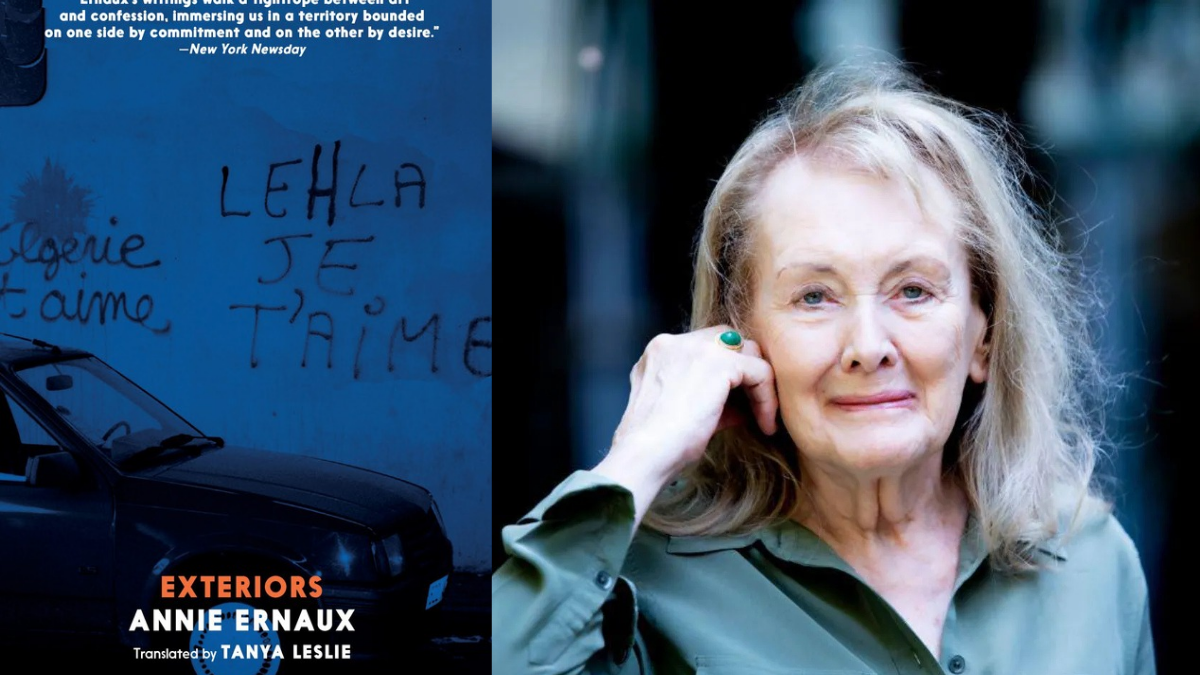Orna Donath in her controversial yet unapologetically candid book Regretting Motherhood: A Study explores a seldom talked about aspect of being a mother in a patriarchal society; regret. Regret, in its core, is an emotion that is problematised throughout history; sayings like ‘there is no use in crying over spilt milk’ drive in the point that regret is not befitting the imagination of a good, productive member of the society.
Orna Donath in her controversial yet unapologetically candid book Regretting Motherhood: A Study explores a seldom talked about aspect of being a mother in a patriarchal society; regret
Also read: Book Review: ‘Mai’ Motherhood By Geetangali Shree
When it comes to a universally deified institution like motherhood, the regret suddenly becomes much more taboo and unspeakable. Our culture is excellent in pinning motherhood to unconditional sacrifice, and the west is not so different. Over the ages, motherhood has evolved and taken on additional meanings other than its purely biological connotations. Our culture is replete with tales of motherly love and sacrifice. Women’s accounts, even feminist accounts, glorify motherhood as something sacred and untouchable, the cornerstone of femininity, an indisputable truth. All across the board, while acknowledging the trials and struggles of motherhood, they all unequivocally chant one thing; that it is worth it.
In Regretting Motherhood, Donath interviews several Israeli mothers from various classes, races and social positionalities, all of them very different but expressing a unified regret over having decided (or not) to become a mother.
Regretting Motherhood explores several of the everyday discourses surrounding motherhood and the questions that arise when the emotion of regret is expressed, and subsequently, those discourses are challenged.
Regretting Motherhood— the very title of the book–places it in a controversial, eyebrow-raising, almost taboo category; the author is clear that the emotion she is investigating is not ambivalence or indifference, but regret. It does not just acknowledge the rough patches or the sleepless nights or the woes of separation. It explores the hard-to-swallow-pill that some mothers indeed do regret having become mothers.
It explains how society strives to silence not just this opinion, but the very possibility of its existence. Regretting Motherhood examines the whys and hows of this societal pressure, and how all the interviewed women have maintained this position despite threats of being seen as immoral, damaged, or even dangerous.
Donath connects the emotion of regret to choice, or rather the lack of it. She questions if choosing motherhood is as straightforward a decision as it is made out to be. Regretting Motherhood is stringed together with conversations and accounts by real women, who describe the circumstances of their motherhood. Donath also explores ‘feeling rules’, about how patriarchy dictates not only behavioural conducts but also how to feel, to think, to be.
The women she interviews recall their experiences of being silenced, to this day, of their personal stories that were consumed by the grand narrative of motherhood that is deemed as universal. Their experiences range from choosing motherhood willfully, buying into the promise of happiness and fulfilment but being left disillusioned, being coerced into it, or not even being accorded a chance to decide but motherhood just happening to them as a predetermined trajectory.

Regretting Motherhood also delves into the contradictory emotions that motherhood brings with it; regret coexisting with love for one’s children and a moral responsibility to care for them. Society, sometimes including the women’s partners and children, are not ready to stomach the possibility of such an incongruity.
However, the lived accounts of the women in Regretting Motherhood reaffirm this very truth. Donath tries to redefine the traditional definition of motherhood; she tries to reframe being a mother as a relationship, not just a role to be filled, and with it, encompassing the complexities that are taken for granted in any other human bond.
Another dimension that the book explores is the societal reactions to women not choosing to be mothers or expressing regret over it. Such women are immediately maligned and seen as anomalies; their emotions pathologised and deemed as deviant and unnatural. Words like selfish, coldblooded and hedonistic are thrown at them, while not upholding the same standards when it comes to men walking away from fatherhood.
Regretting Motherhood leaves us with this question; why must tales of regret even be expressed, when it has the potential to evoke feelings of hurt and abandonment in children and partners? Why is it important to allow room for the disagreeable, bitter truths too, along with the rose-tinted vision dominating our culture?
Also read: Reclaiming Motherhood: Parenting Beyond Gender
he possibility of regret must be acknowledged so that becoming a parent can indeed be an informed choice. Orna Donath’s Regretting Motherhood is refreshing, bold, and a must-read for not only women but anyone considering parenthood.
Many women in the study conducted for Regretting Motherhood come forward with fervent declarations of having passed down their stories to their daughters and to other young women. They argue that it must be okay to not want motherhood in the first place, to create options for women to choose a life outside of motherhood, even if they do not want to be ‘career women’.
Compulsory motherhood, along with compulsory heterosexuality, creates stories of regret and resentment. Women’s natural capacity to be mothers should be viewed as an ability, not a destiny. Equating femininity to motherhood is not just limited and exclusionary but also dangerous. The possibility of regret must be acknowledged so that becoming a parent can indeed be an informed choice. Orna Donath’s Regretting Motherhood is refreshing, bold, and a must-read for not only women but anyone considering parenthood.
Aparna is a third year humanities student in IIT Madras, and has an undying love for writing, art, animals and analysing tropes in popular media. She can be found on Instagram.





very nice book. thetec site
Awesome book